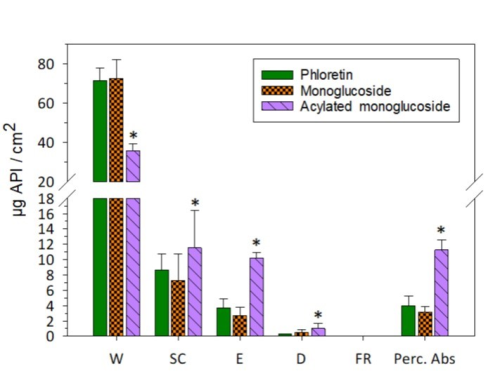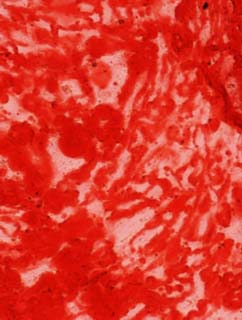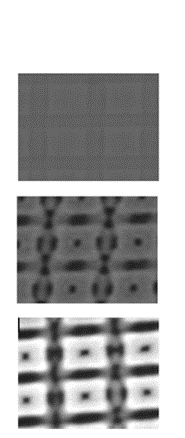A polyphenol with enhanced skin absorption
Increased percutaneous absorption of the acylated derivative of phloretin in an in vitro assay Polyphenols of plant origin are of great therapeutic interest due to their ability to delay the onset of certain degenerative and pathological processes.
Their action is based on boosting the antioxidant system through their ability to reduce the level of reactive oxygen species (ROS). Among them, phloretin, a polyphenol found in apples, shows remarkable antioxidant and biological activity in various pathologies. One of the main applications of phloretin is in cosmetics, particularly in creams and serums to treat pigmentary disorders in the skin, as well as to stabilise cosmetic formulations and promote the penetration of other components into the skin.
However, the penetrability of phloretin into the skin is very limited, especially in the dermal area. The increased percutaneous absorption of the acyl-alpha-glucoside derivative of phloretin makes it more versatile in this type of formulation.
Main innovations and advantages
- The ability of these compounds to cross skin barriers depends largely on their lipophilicity · Binding a fatty acid to the flavonoid molecule can enhance its affinity for the lipid membranes of skin cells and thus improve absorption · Acylation of polyphenols can also modify other bioactivities of these compounds, increase their stability or even allow the design of a prodrug.
- The enzymatic method developed allows the selective production of acylated polyphenol derivatives, with an overall process yield of more than 80%.
- Using a porcine skin model, it has been shown that the acyl-alpha- glucoside derivative of phloretin has a significantly higher percutaneous absorption than either phloretin or its alpha-glucoside.






